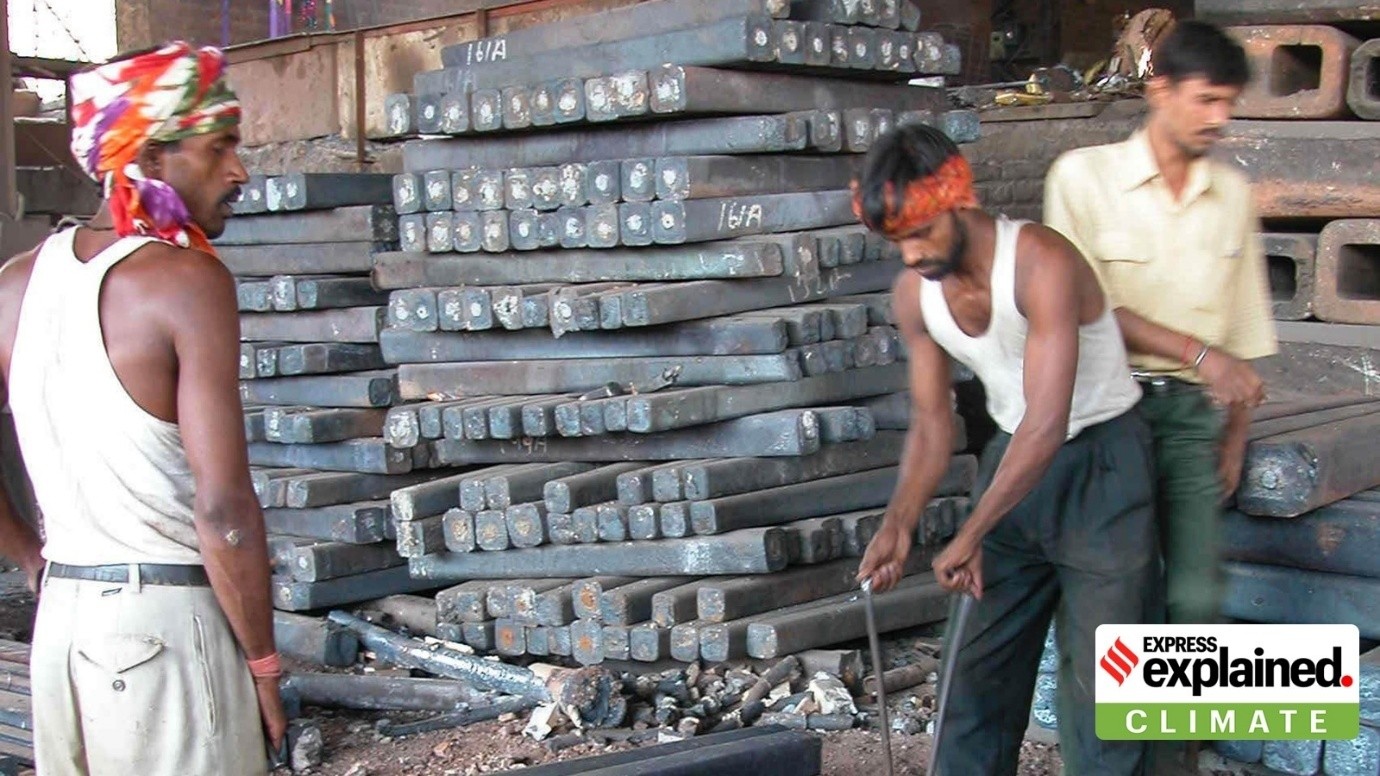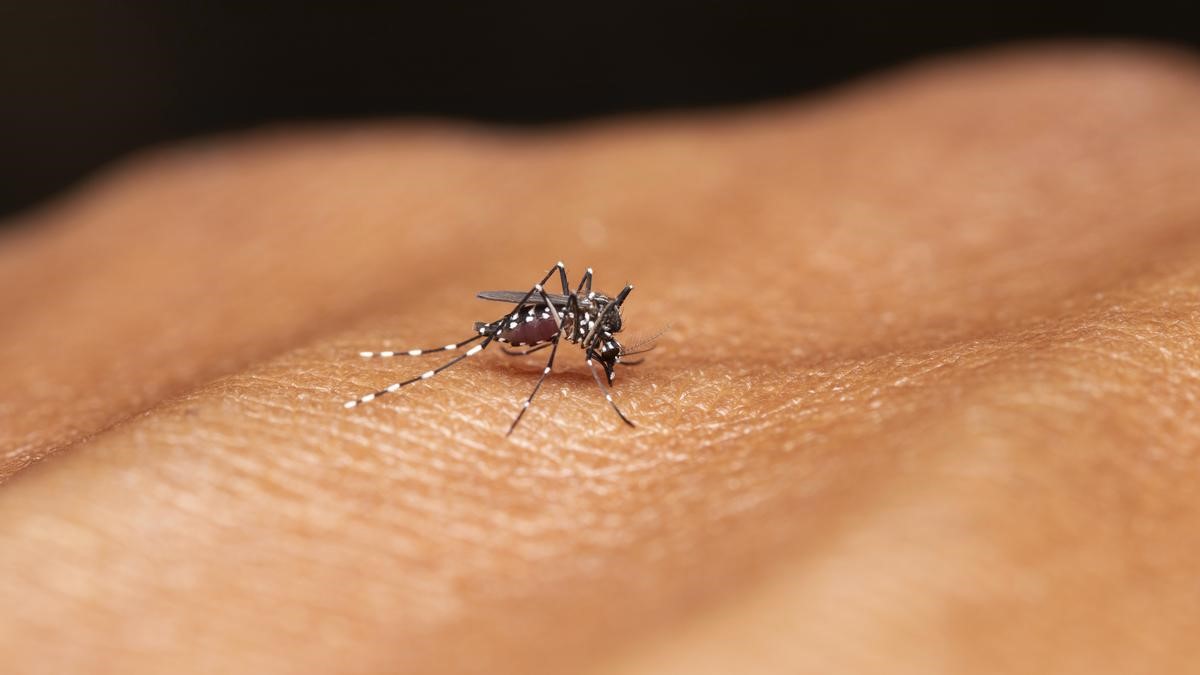




Source: PIB
Disclaimer: Copyright infringement not intended.
Kamalpur Nagar Panchayat in Tripura has introduced compostable bags made from PBAT as a sustainable alternative to single-use plastic.
This initiative aligns with India’s mission to curb plastic pollution and promote eco-friendly alternatives.
PBAT (Polybutylene Adipate Terephthalate) is a biodegradable, compostable thermoplastic polymer.
It is petroleum-based yet biodegrades completely under industrial composting.
Structure: Copolymer of:
Adipic acid
1,4-butanediol
Terephthalic acid
Can be processed using conventional plastic manufacturing techniques making it an ideal replacement for conventional plastic in packaging applications.
|
Property |
Details |
|
Biodegradability |
Fully biodegradable and compostable within 180 days under industrial conditions (ASTM D6400 / EN 13432 standards). |
|
Flexibility & Toughness |
Comparable to low-density polyethylene (LDPE); suitable for films and bags. |
|
Barrier Properties |
Good resistance to moisture and chemicals; protects contents. |
|
Thermal Stability |
Stable in a range of processing and operational temperatures. |
|
Eco-Safety |
Decomposes into CO₂, water and biomass leaving no toxic residue. |
Compostable plastic carry bags
Agricultural mulch films
Disposable packaging (wrappers, liners)
Biomedical waste bags
Blends with other biopolymers to make high-strength compostable products
|
Feature |
PBAT |
PLA (Polylactic Acid) |
|
Source |
Synthetic (fossil-based) |
Bio-based (derived from corn, sugarcane) |
|
Biodegradability |
High – fast degradation in industrial composting |
Biodegradable but slower than PBAT |
|
Flexibility |
Highly flexible, durable |
Brittle, rigid |
|
Cost |
Lower than PLA; still higher than polyethylene |
Higher than PBAT |
|
Applications |
Carry bags, flexible films, liners |
Cutlery, rigid containers, electronics packaging |
|
Composting Needs |
Requires industrial composting |
Can degrade in controlled composting; slower in nature |
|
Policy/Initiative |
Connection with PBAT |
|
Plastic Waste Management Rules, 2016 & 2022 |
Promotes compostable plastic alternatives to single-use plastic. |
|
Swachh Bharat Mission |
Encourages municipalities like Kamalpur to adopt plastic alternatives. |
|
Extended Producer Responsibility (EPR) |
Manufacturers can meet EPR obligations by using compostable polymers. |
|
India’s G20 Presidency (Lifestyle for Environment – LiFE) |
PBAT promotes responsible consumption and sustainability. |
Sources:
|
PRACTICE QUESTION Q. Discuss the challenges faced in implementing biodegradable plastic policies in urban local bodies. Suggest policy and infrastructure-based solutions. 250 words |







© 2026 iasgyan. All right reserved